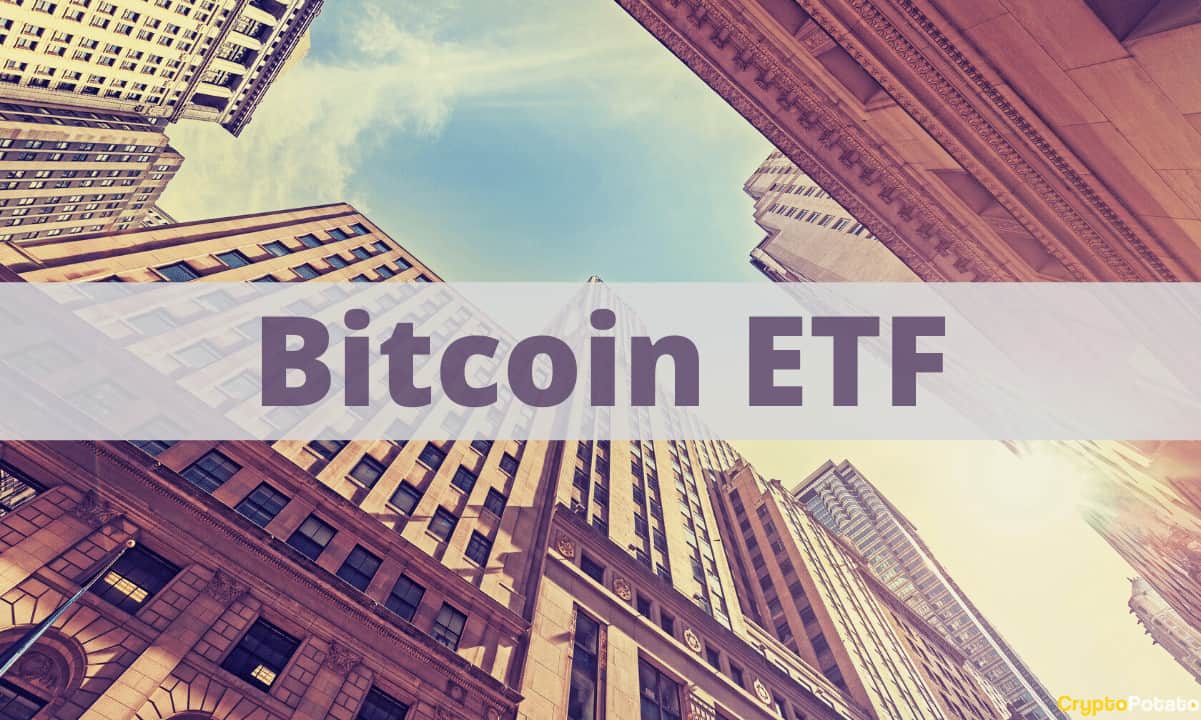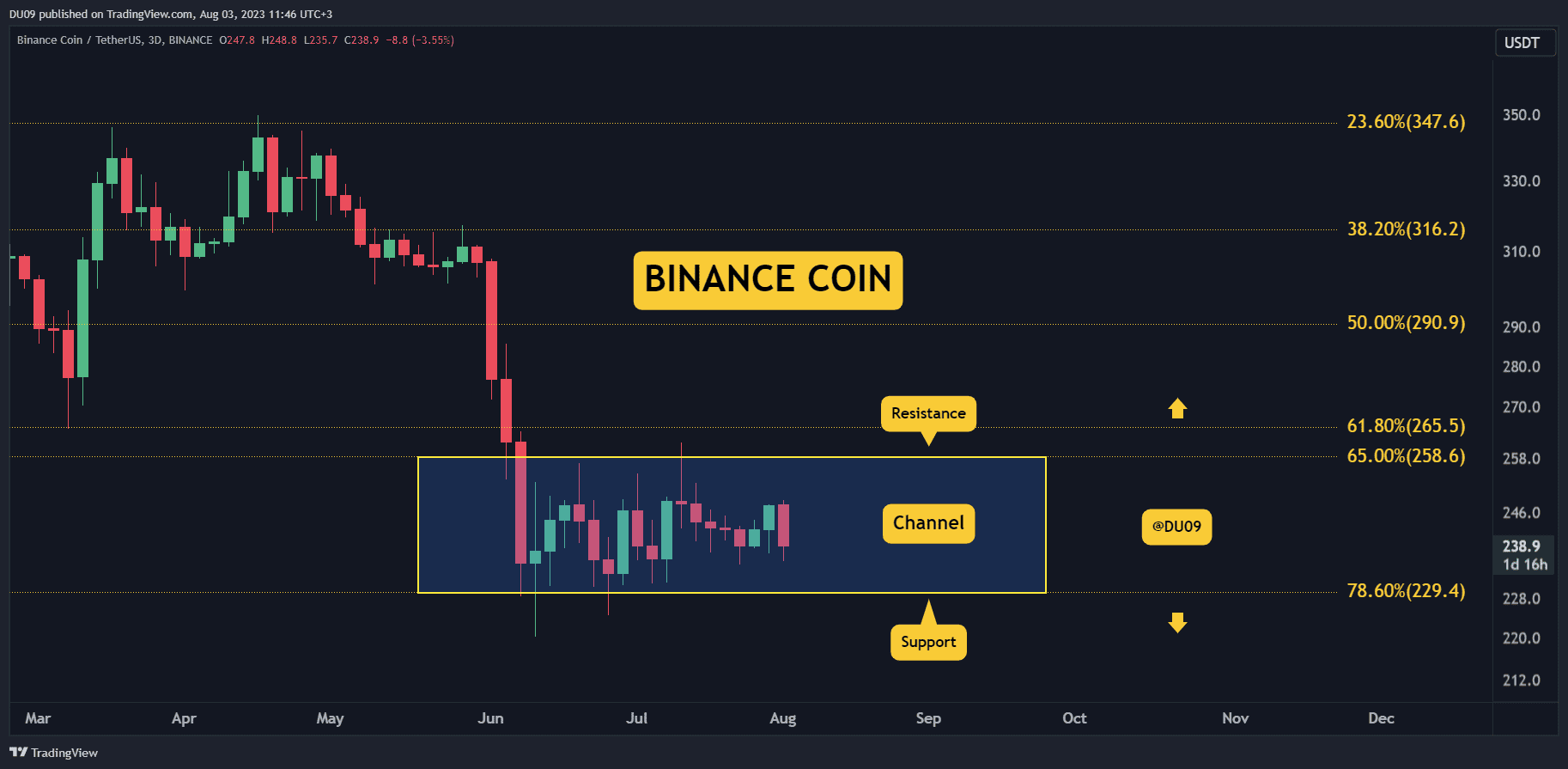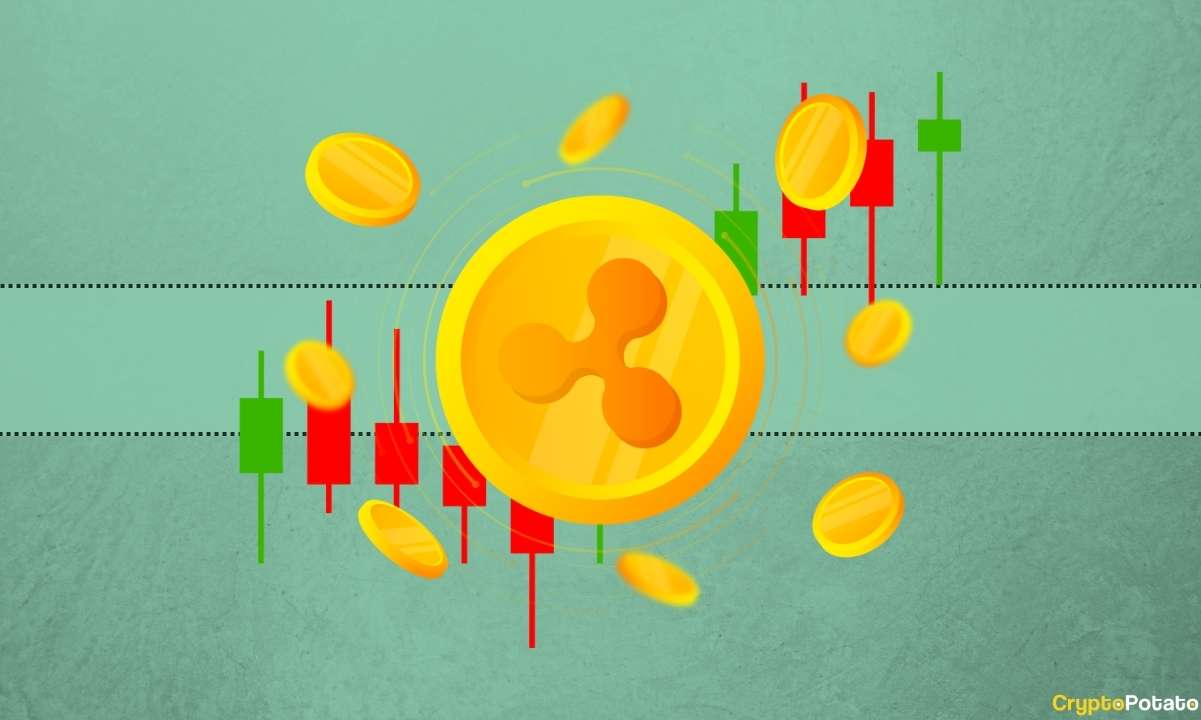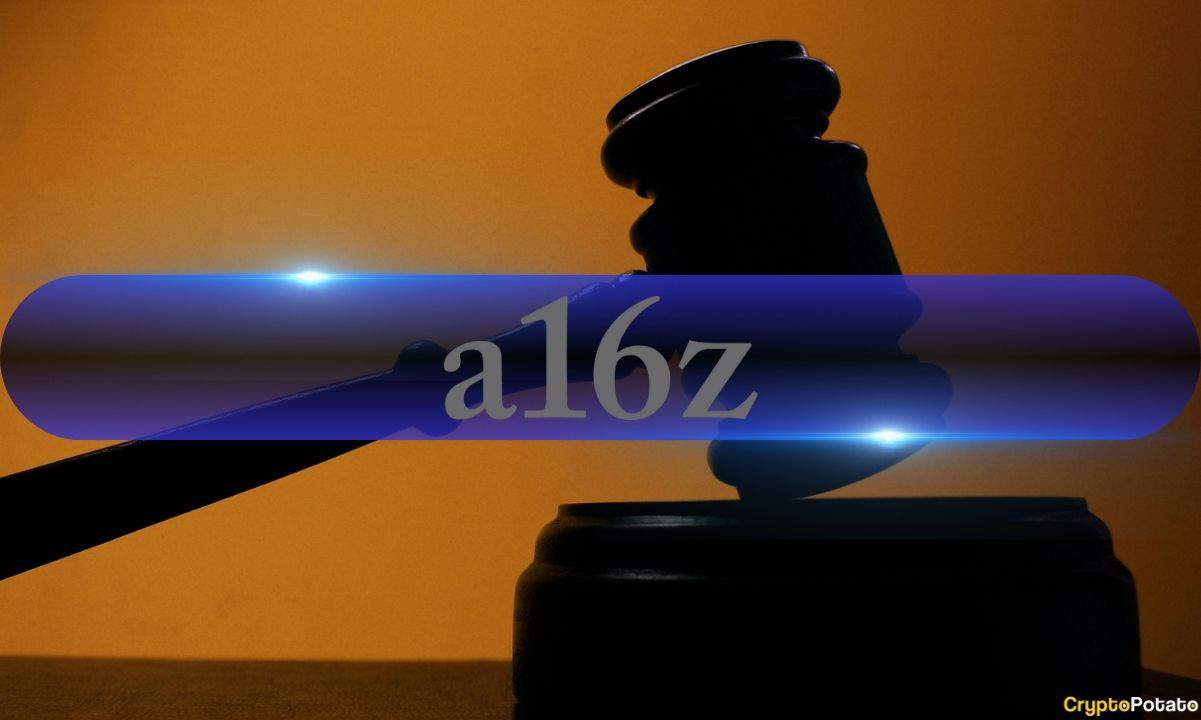Spot and Futures-Backed Bitcoin ETF: What’s the Difference?
On October 19th, 2021, the United States Securities and Exchange Commission (SEC) approved the first futures-backed Bitcoin exchange-traded fund (ETF).
An SEC-approved ETF is something that the cryptocurrency community has been looking forward to for a long time, but usually, the accent was on spot products rather than ones based on futures. Nevertheless, this is a significant milestone and a definitive step forward when it comes to further legitimizing Bitcoin, as well as opening the door for traditional investors.
Through a futures-backed ETF, players from the legacy financial industry have a regulated product that allows them to receive exposure to Bitcoin’s price. However, there’s still a big difference between this and a spot-based ETF.
This article looks to explore both and outline their differences.
Before we dive in, though, let’s first answer the more pressing question.
What is an Exchange-Traded Fund (ETF)?
An ETF is a traditional investment vehicle that’s designed to track the performance of a particular asset or a group of assets. They allow investors to receive exposure to these assets and diversify their portfolios without worrying about owning the underlying products.
In essence, they are a much simpler alternative to having to buy or sell individual assets. There are different types of ETFs in existence, and a common trait between most of them is that they group assets based on the industry they belong to.
For example, there are ETFs that track companies in the airline business, in the petrol business, in the energy (or green energy) field, and so forth.

What is a Bitcoin Futures ETF?
To understand what a Bitcoin futures ETF is, it’s first important to know what Bitcoin futures are. They are a derivative trading instrument, allowing two parties to agree on buying or selling BTC at a predetermined price and date.
Basically, one party agrees to buy or sell BTC at a specific price on a specific date, irrespective of what the price ends up to be on this date. This particular date is also referred to as the settlement date (or expiration date).
Once the Bitcoin futures contract expires (or gets settled), one party must buy (or sell) Bitcoin at the agreed-upon price – essentially, they will get it at a discount or pay a premium because the price is unlikely to be the same as when the contract was struck.
These contracts are typically traded on commodities exchanges, such as the Chicago Mercantile Exchange (CME), for instance. The price of bitcoin futures contracts and the market price of bitcoin might be different based on the settlement of futures traders. For example, if more people believe the price of bitcoin will rise and are betting on it, the value of these futures contracts will be higher than the current market price of bitcoin. This is important for our next point.
With all of the above, let’s now explore what a futures-backed Bitcoin ETF is.
As you may have deduced, it represents an exchange-traded fund that isn’t backed by physical bitcoins rather by bitcoin futures contracts. The value of this ETF would be derived from the movement of the price of bitcoin futures, and the company that issues the ETF must hold positions in these futures contracts and anchor the price of their ETF to those.
In essence, instead of tracking the price of Bitcoin, it tracks the price of Bitcoin futures.
What is a Spot Bitcoin ETF?
A regular spot-based Bitcoin ETF would be one that tracks the price of actual, physical bitcoins. The main idea of this would be to allow investors to receive exposure to BTC through a regulated and financially familiar product without having them own the actual underlying asset.
This comes with some benefits, especially for non-crypto savvy investors who come from the field of legacy finance. Some of them include:
- Exposure to Bitcoin’s price through a regulated product
- Easy access
- No need to store bitcoins
- No need to manage private keys
- The ability to short bitcoin’s price
The last one is an important consideration because spot-based investing doesn’t allow users to bet on the price going down. If there’s an ETF, investors can short the shares of the ETF and benefit from downward movements.
Summarizing Differences
In essence, the differences between futures-backed and spot ETFs can be narrowed down to a couple of things. First, the spot-based ETF is backed by real bitcoin, where the futures ETF is backed by derivatives (in this case – bitcoin futures contracts).
More importantly, though, the price of bitcoin futures contracts might diverge from the current market price based on investors’ sentiment and, occasionally, it might track the price inaccurately. When it comes to a spot-based ETF, on the other hand, this risk doesn’t exist.









